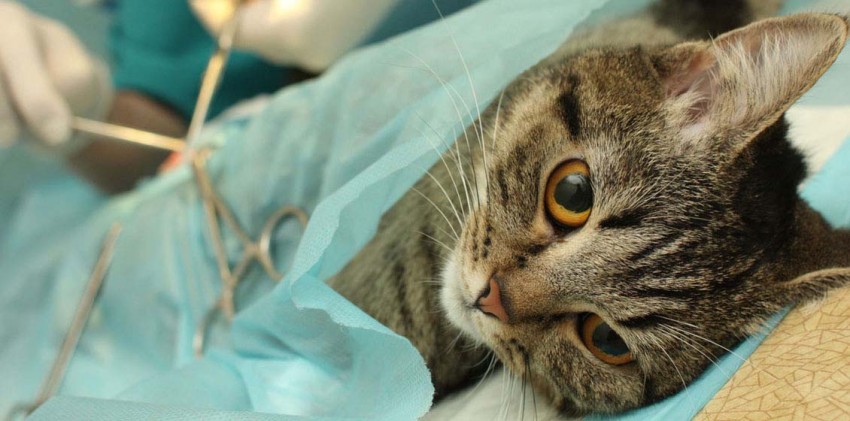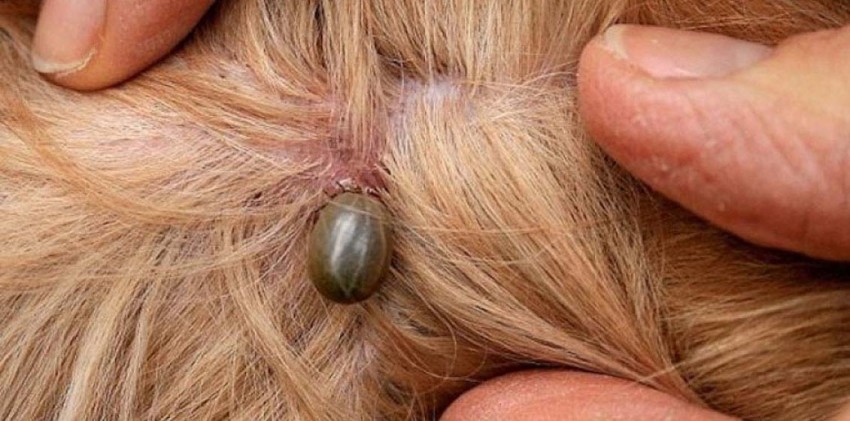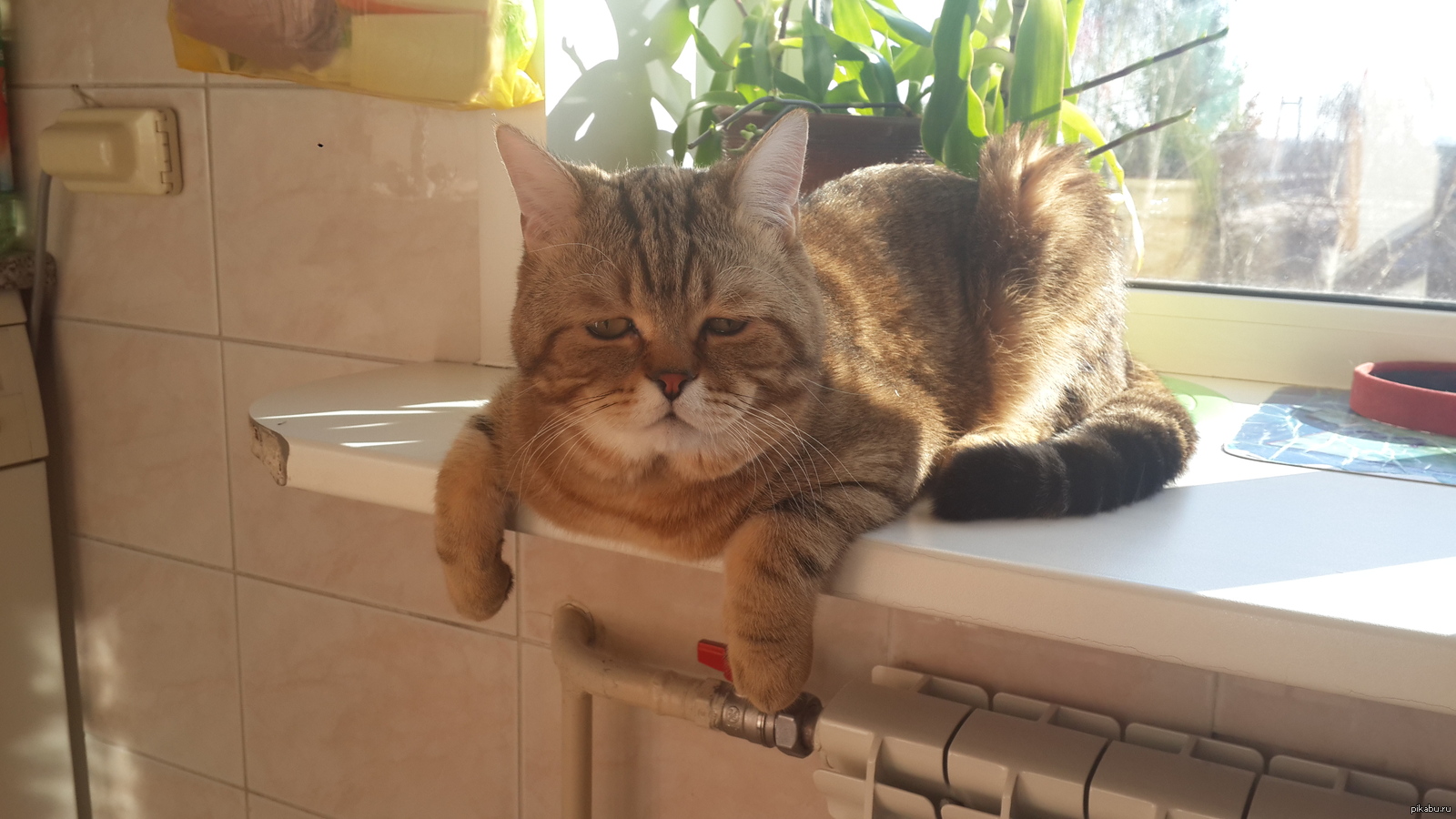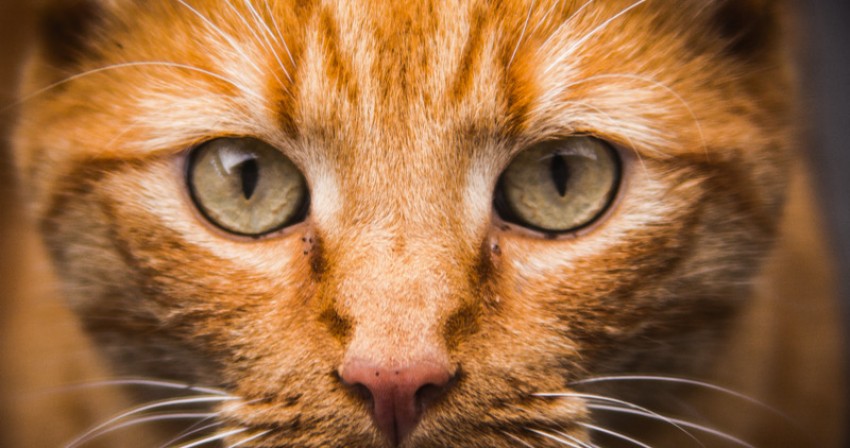The first and second vaccination puppies up to the year: the scheme, the price when you can walk and other issues
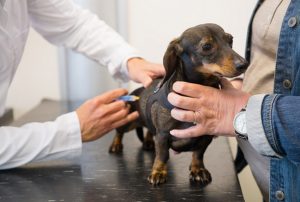 Immediately after the puppy has appeared in your home, we recommend contacting the veterinary clinic to assess its health. It does not matter if the puppy was purchased from a breeder, taken from friends or from a shelter. Only a veterinarian will be able to see the hidden signs of the disease.
Immediately after the puppy has appeared in your home, we recommend contacting the veterinary clinic to assess its health. It does not matter if the puppy was purchased from a breeder, taken from friends or from a shelter. Only a veterinarian will be able to see the hidden signs of the disease.
During a visit to the veterinary clinic, the doctor will find out more about your pet and select the most appropriate vaccination scheme for your puppy.
Be careful if you take a puppy whose primary vaccination course has not been completed (that is, younger than 3 months). Remember that your puppy will not be fully protected until the vaccination is properly performed.
What you need to know about vaccination puppies?
For complex vaccination of a puppy, you need to plan 2-3 visits to a veterinary clinic with an interval of 3-4 weeks.
If you miss or violate the vaccination schedule, additional vaccination may be required to form a complete immunity.
It is impossible to reduce the interval between vaccinations, it will lead to the formation of shorter and more intense immunity.
At what age do vaccinations puppies?
The first vaccinations for a puppy can be started from 6 weeks. At 7-8 weeks at least one vaccination should already be carried out.
The first vaccination puppy (optional, in the nursery)
The first vaccination of a puppy is usually carried out at 6 weeks back in the nursery. This vaccination is not mandatory, it is done in kennels to protect small puppies from parvoviral enteritis.
For primovaccination of puppies at 6 weeks use vaccines Eurikan Primo or Nobivak Pappy
Second vaccination puppy (mandatory)
At 7-8 weeks, a second vaccination with a complex vaccine is performed. This vaccination is aimed at protecting against parvovirus enteritis, plague, adenovirozy (infectious laryngotracheitis and infectious hepatitis), parainfluenza and leptospirosis.
This vaccination may be the first if the puppy has not been vaccinated against parvovirus enteritis at 6 weeks in the nursery.
Third vaccination puppy (mandatory)
At 12 weeks, a third vaccination is given. A complex vaccine of the same manufacturer is used, which was used during the second vaccination against the same diseases, but with the addition of the anti-rabies component.
Fourth vaccine puppy (optional)
In rare cases (less than 5% of puppies), if immunity has not been formed after vaccinations at 2 and 3 months, additional vaccination may be required at 16 weeks (4 months). Used vaccine from the same manufacturer as in 2-3 months.
What vaccines protect puppies?
We recommend using Eurikan, Rabizin and Nobivak vaccines to vaccinate puppies and adult dogs.
When can a puppy start walking after vaccination?
You have probably heard that a puppy should be kept at home, as it does not form a post-vaccination effect. The main question is how many days after vaccination can you walk with a puppy? Different puppies for different vaccines immunity is formed at different times. If done correctly, full protection against all diseases is formed 2 weeks after vaccination at 3 months (for components other than leptospirosis and rabies even earlier – usually 1 week after vaccination at 3 months). But this does not mean that you can not walk a puppy to 14 weeks. Early socialization of the puppy is extremely important.
You can start walking your puppies from 10 weeks, following the maximum precautions:
DO NOT walk your puppy in places where other dogs have labeled territory or defecated
DO NOT allow your puppy to play with unfamiliar dogs. And no matter how friendly they are.
Do NOT allow dogs to play with your friends if these dogs have a delayed vaccination.
TRANSFER on the puppy’s arms over the places where the dogs defecate or mark the territory (such, for example, are all the yards in front of multi-storey yards)
You can produce a puppy in the courtyard of the house?
If you live in a private house, the yard is fenced and sufficiently illuminated by the sun, then the risk of infection is minimal and you can walk the puppy.
Why do we need quarantine puppies the first 2 weeks after vaccination at 3 months?
Despite the fact that immunity against most diseases develops faster, protection against leptospirosis and bshenstvennost – dangerous for dogs and people diseases, appears only 14 weeks after the course of vaccination.
What is different scheme of vaccination york, German Shepherd, Labrador, Spitz and other breeds of dogs?
There is no difference in the vaccination schedule, the diseases that are being vaccinated, and the doses of injected vaccines. Breed does not matter when choosing a vaccine.
An independent change in the vaccination schedule, the volume of the vaccine, and the components of the vaccine can lead to low immunization immunity after vaccination! Remember, puppies are most vulnerable to infectious diseases!
Do puppies of decorative dog breeds (Yorkies, Toi, Spitz and others) need to be given half doses of the vaccine?
Not. The efficacy and safety of vaccines tested on different breeds. The vaccine cannot be divided. Puppy York or Spitz do not need to enter half doses, as well as not need to enter simultaneously 2 doses.
